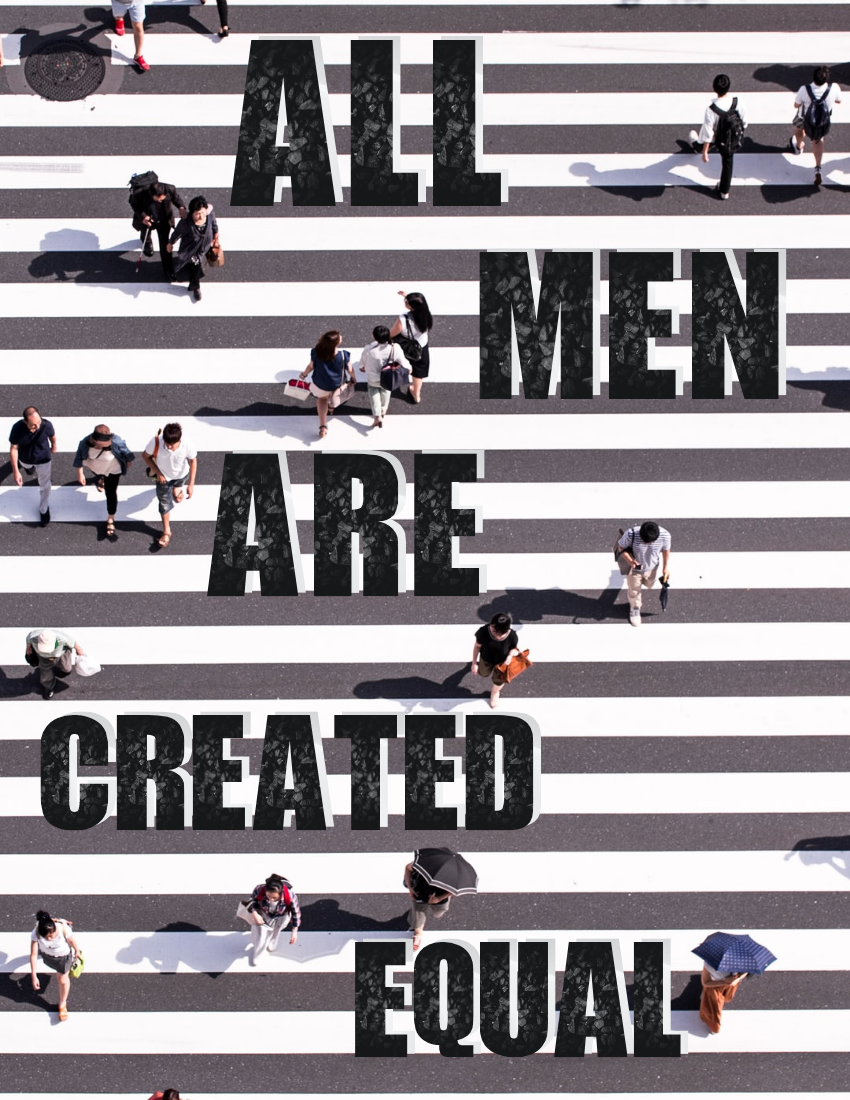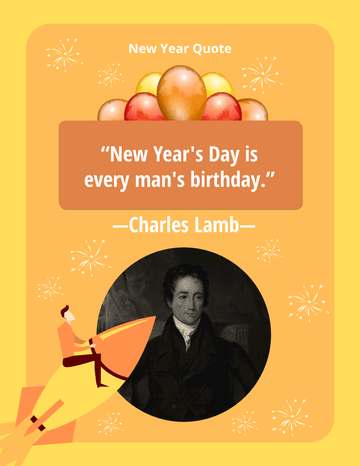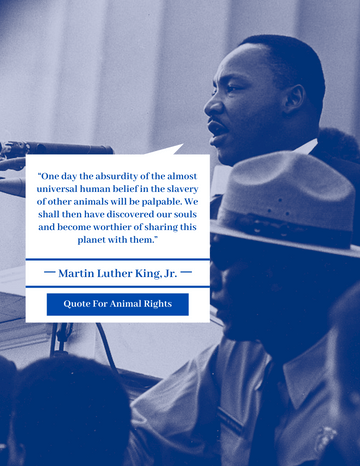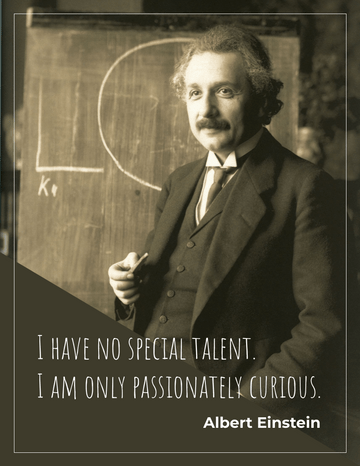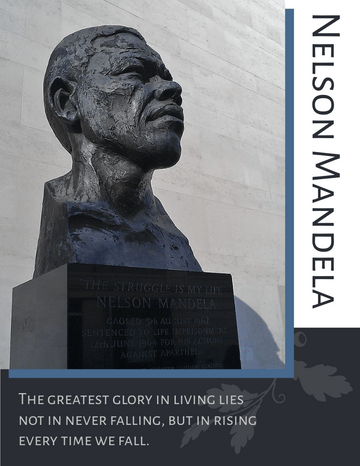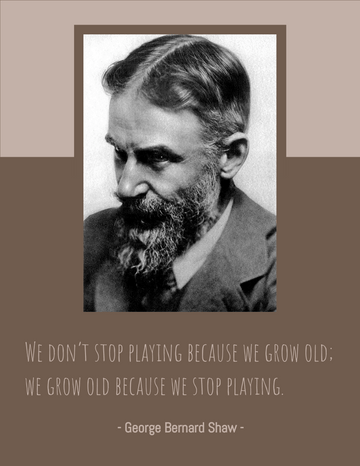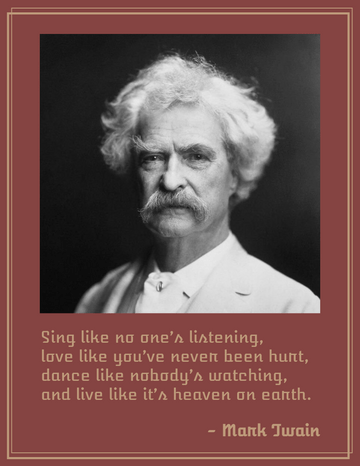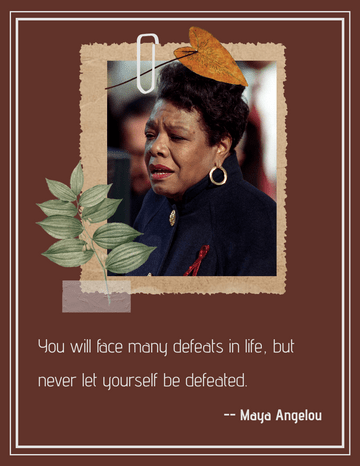All men are created equal. - Thomas Jefferson
The quotation "all men are created equal" is part of the sentence in the U.S. Declaration of Independence, which Thomas Jefferson penned in 1776 during the beginning of the American Revolution that reads, "We hold these truths to be self-evident, that all men are created equal, that they are endowed by their Creator with certain unalienable Rights, that among these are Life, Liberty and the pursuit of Happiness". The phrase echoed the words of John Locke in his second treatise on government, and other authors as early as the 14th century. Jefferson applied the concept in his original draft of the declaration. It was thereafter quoted and incorporated into speeches by a wide array of substantial figures in American political and social life in the United States. The final form of the phrase was stylized by Benjamin Franklin. It has been called an "immortal declaration", and "perhaps single phrase" of the American Revolutionary period with the greatest "continuing importance."
Criticism
The phrase "all men are created equal" has received criticism from elitists and traditional conservatives. Richard M. Weaver writing in one of the cornerstones works of traditional conservatism, Ideas Have Consequences (1948), paraphrased a 19th-century writer in writing that "no man was ever created free and no two men [were] ever created equal". He continues: "The comity of peoples in groups large or small rests not upon this chimerical notion of equality but upon fraternity, a concept which long antedates it in history because it goes immeasurably deeper in human sentiment. The ancient feeling of brotherhood carries obligations of which equality knows nothing. It calls for respect and protection, for brotherhood is status in the family, and family is by nature hierarchical."
Howard Zinn has written that the use of the word men, to the exclusion of women, indicated that women were "beyond consideration as worthy of inclusion" and "they were simply overlooked in any consideration of political rights, any notions of civic equality". However, others note how in the 1700s the word men used to denote both genders. According to the Library of Congress, most people have interpreted "all men" to mean humanity and, within the context of the times, it is clear that "all men" was a euphemism for "humanity".
Thomas Jefferson
Thomas Jefferson (April 13, 1743[a] – July 4, 1826) was an American statesman, diplomat, lawyer, architect, philosopher, and Founding Father who served as the third president of the United States from 1801 to 1809. He was previously the second vice president under John Adams and the first United States secretary of state under George Washington. The principal author of the Declaration of Independence, Jefferson was a proponent of democracy, republicanism, and individual rights, motivating American colonists to break from the Kingdom of Great Britain and form a new nation. He produced formative documents and decisions at state, national, and international levels.
During the American Revolution, Jefferson represented Virginia in the Continental Congress that adopted the Declaration of Independence. As a Virginia legislator, he drafted a state law for religious freedom. He served as the second Governor of Virginia from 1779 to 1781, during the Revolutionary War. In 1785, Jefferson was appointed the United States Minister to France, and subsequently, the nation's first secretary of state under President George Washington from 1790 to 1793. Jefferson and James Madison organized the Democratic-Republican Party to oppose the Federalist Party during the formation of the First Party System. With Madison, he anonymously wrote the provocative Kentucky and Virginia Resolutions in 1798 and 1799, which sought to strengthen states' rights by nullifying the federal Alien and Sedition Acts.
Jefferson and Federalist John Adams became friends as well as political rivals, serving in the Continental Congress and drafting the Declaration of Independence together. In the 1796 presidential election between the two, Jefferson came in second, which according to the electoral procedure at the time, made him vice president to Adams. Jefferson challenged Adams again in 1800 and won the presidency. After his term in office, Jefferson eventually reconciled with Adams and they shared a correspondence that lasted fourteen years.
Click here to read the flipbook.
